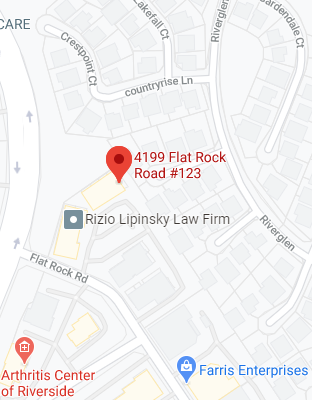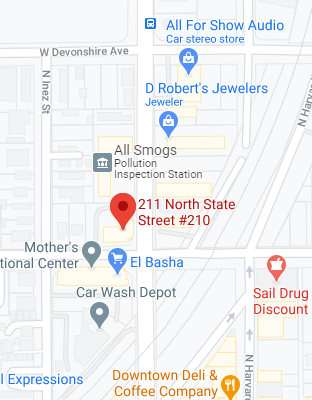
I am strongly pro-immigrant. I want immigrants, especially from poorer countries, to have the same opportunities as those of us from richer nations.
But I’m torn on the issue of professional visas.
My discomfort arises from the dog-eat-dog attitude displayed by some immigration lawyers.
They decry the loss of skilled immigrants because these workers will return to their home countries and work for U.S. competitors. They’ve even invented a term for this situation.
Reverse brain drain.
Their position, at best, is disingenuous.
What Is Brain Drain?
When professionals from poor countries go home, their wages will not increase.
Brain Drain refers to a large scale exodus of talented persons moving from one region to a different region to pursue higher paying careers and better living conditions.
The exodus occurs from poorer areas to richer areas.
When educated immigrants from poor countries return home, the U.S. might be losing intellectual talent.
But these individuals are not moving into better paying positions.
Brain Drain Writ Small: A Personal Example
I was raised on Logan Avenue in Shelltown, a lower income area in San Diego, California.
I left as a teenager. Upward mobility needed no justification. Moving out was a no-brainer. A nicer neighborhood. A bigger house. A better car.
My body may have left my old neighborhood. But not my soul.
A large part of my motivation to succeed was a desire to improve the conditions for those left behind.
The memories of learning to ride a bike, playing marbles, and chomping on watermelon with buddies on a hot summer day are special memories.
To this day, my old neighborhood has a special place in my heart.
When I moved out, I left with optimism – optimism that somehow, someday, I would return as a well-educated attorney with skills to make things better for my family and the families of my friends.
It’s not quite that easy with immigrants from poor neighborhoods in another country.
Brain Drain Writ Large: The Social Agony Of Skilled Immigrants
I’ve been fortunate. I live close to areas resembling my old neighborhood. I can still fulfill my dream to help those stuck in poor areas like where I once lived.
Not so with foreign professionals. They cannot live in both worlds at once.
They cannot continue to live in the U.S. after college graduation and at the same time directly help their local communities. The distance is not just a few miles.
Their choices are harder than mine.
Of course, some immigrants do not want to return home.
Yet, as an international relations student at USC and again as an immigration lawyer, I learned many foreign scholars would cherish the opportunity to go home and make it a better place for their national comrades.
Competition Is Not The Global Answer
I don’t agree with immigration advocates who base their support for professional visas primarily on fears of making U.S. competitors stronger.
This position shows a lack of concern for helping less fortunate countries. It glorifies our economic superiority as the only calculation that matters.
Certainly, the U.S. needs more skilled workers to meet our demands in various professions.
Poor countries have the same needs.
The answer to the global shortage of high skilled professionals is not to try to keep the best and brightest just for ourselves.
Instead, we need to develop international education and training programs which strengthen the emerging global economy on a multilateral basis.
We need to share workers. We need to share skills. We need to share technology and resources.
If we are ever to have global peace and harmony, cooperation, not competition, is the key.
In my view, immigration attorneys should help others, across oceans and continents, because we are all brothers and sisters. Nothing more. Nothing less.
Recommended Reading:




